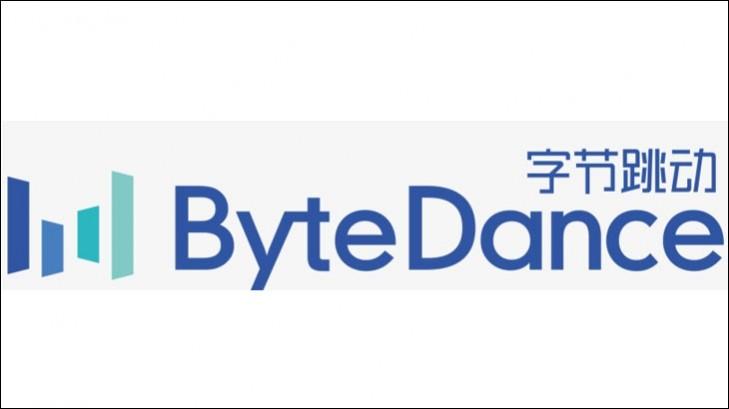The Biden administration has threatened to ban the popular social media app TikTok in the US if its Chinese owners, ByteDance, do not sell their stakes in the company as part of the move to eventually ban the app.
This is a significant shift in policy by the Biden administration, which had previously been criticised for taking up partial ban and ignoring certain national security threats posed by the app. US officials are concerned that TikTok's Chinese leadership could facilitate spying on the app.
The app has already agreed to implement several changes under a plan called Project Texas to address concerns from US officials, but the administration now believes that a change in ownership is necessary.
TikTok's leadership is also considering splitting from ByteDance to address national security concerns, but the company maintains that divestment would not solve the problem. Stronger data privacy laws in the US could be an alternative solution.
So far, TikTok has already faced a ban on the US government devices and partial or full bans in several states and universities. The national security discussion around TikTok may also affect other fast-growing Chinese tech companies and American companies with footing in China.
China-based ByteDance, the owner of TikTok, has been asked to sell its stake in the short-video making app or face a possible ban, according to The Wall Street Journal.
The White House's threat of a ban and pending legislation have come in the wake of the call given by the Committee on Foreign Investment. According to TikTok executives, 60 per cent of ByteDance shares are owned by global investors, 20 per cent by employees and 20 per cent by its founders.

The company was founded in Beijing in 2012 by Zhang Yiming, ByteDance CEO Liang Rubo and others. TikTok said in a statement that a "forced sale wouldn't address the perceived security risk".
"If protecting national security is the objective, divestment doesn't solve the problem: a change in ownership would not impose any new restrictions on data flows or access," a TikTok spokesperson was quoted as saying.
Last week, a group of 12 US Senators unveiled a new bill, that now has a White House backing, that will give President Biden power to ban TikTok nationwide.
RESTRICT Act
Called the Restricting the Emergence of Security Threats that Risk Information and Communications Technology (RESTRICT) Act, it gives the US government new powers, up to and including a ban, "against foreign-linked producers of electronics or software that the Commerce Department deems to be a national security risk," reported CNN.

The bipartisan bill, led by Senator Mark Warner (D-VA), would empower the US Secretary of Commerce to ban foreign technologies and companies from operating in the US if they present a threat to national security.
The bill covers companies in countries, including China, Cuba, Iran, North Korea, Russia, and Venezuela.
"Today, the threat that everyone is talking about is TikTok, and how it could enable surveillance by the Chinese Communist Party, or facilitate the spread of malign influence campaigns in the US. Before TikTok, however, it was Huawei and ZTE, which threatened our nation's telecommunications networks," Warner said in a statement.
"We need a comprehensive, risk-based approach that proactively tackles sources of potentially dangerous technology before they gain a foothold in America, so we aren't playing Whac-A-Mole and scrambling to catch up once they're already ubiquitous," he added.
(With inputs from agencies)

















